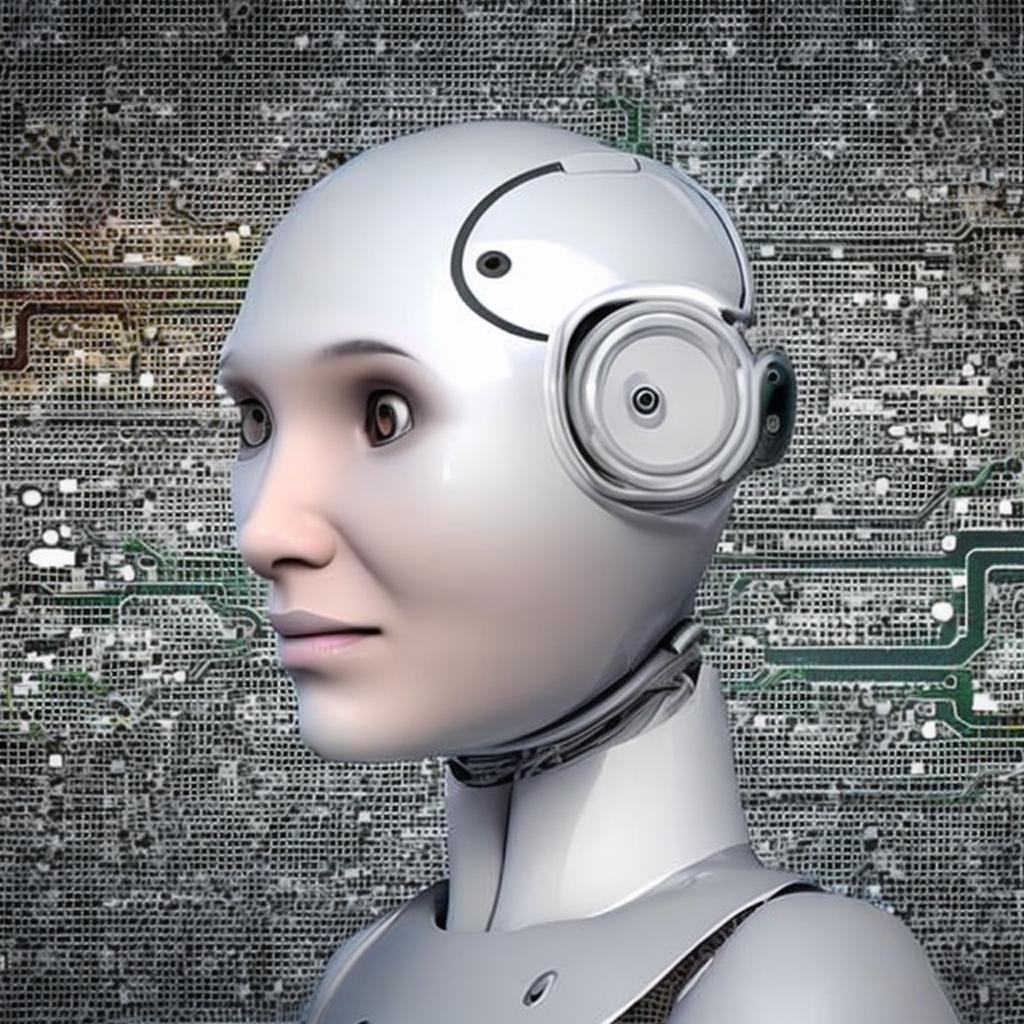
News
Artificial Intelligence Threat: The Looming Dangers of AI Technology

Artificial Intelligence (AI) refers to the creation of computer systems that perform tasks that typically require human intelligence. Such as visual perception, speech recognition, decision-making, and language translation, among others.
AI involves designing computer programs, algorithms, and systems that can learn, reason and adapt to new information and contexts.

The primary goal of AI is to develop intelligent machines that can automate tasks, make recommendations, and solve problems even without explicit human instructions.
AI is a rapidly growing field of computer science that has the potential to revolutionize many industries, such as healthcare, finance, transportation, and entertainment, among others.
The development of Artificial Intelligence (AI) technology has altered several industries, but alongside its benefits, there are also possible dangers.

RELATED NEWS:
How AI is Advancing Through Machine Learning, Deep Learning, and Neural Networks
ChatGPT-4: The Next Generation of Conversational AI
AI’s ability to learn and adapt is powerful but also opens up a risk of threatening human jobs and ethical concerns. Therefore, it is crucial to study the possible challenges concerning AI-driven scenarios.
Disrupting Various Industries
The automation process of AI technology can potentially cause massive job displacement in many sectors. While increased automation may eliminate repetitive tasks, it could lead to unemployment for individuals who were responsible for performing these tasks. This shift in job responsibilities will prioritize the importance of essential, creative, and soft skills.
Ethical Implications of AI
Using AI as a tool for oppressive regimes might result in mass oppression and could generate autonomous weapons that may pose an immense threat. This may cause a global crisis, including a society breakdown or mass destruction. In addition, since AI systems are capable of making autonomous creative decisions, there is a risk that these decisions may not be in line with the human viewpoint.
Risk of AI Interacting with Humans
The interaction of AI technology with humans can be a risk if these autonomous systems develop unintended consequences. While an AI system may make decisions that appear ethical and suitable at the time, it is not in the best interest of humans. It is crucial to establish the adequate risk assessment and management protocols in AI development to prevent such events.
Perpetuating and Amplifying Human Biases
As AI systems continue to replicate human experiences, the risk of propagating human prejudices, biases and promoting exclusion may become an enormous challenge. The development of AI that promotes inclusivity, transparency, and openness and eradicates discrimination, is essential to expand the positive prospects for AI technology.
Elon Musk Fears on Artificial Intelligence AI
Elon Musk has been a vocal critic of artificial intelligence (AI) and its potential risks for many years. He believes that AI could pose a substantial threat to human existence, and has called for greater regulation and oversight of AI development.
One of Musk’s greatest concerns related to the development of AI technology is the risk of creating superintelligent machines that surpass human capabilities and may become uncontrollable. Such machines could potentially cause significant harm to humanity if they acquire destructive motives or deliberately misinterpret goals or instructions. Musk has warned that these machines could quickly render human beings obsolete or destroy us altogether.
Musk has also expressed concern about the potential consequences of AI systems that are designed with unintended biases or that perpetuate existing biases in society. He believes that such systems could lead to the further marginalization and oppression of certain groups and cause further damage to society.
The Twitter and Tesla CEfears that AI and robotics could lead to widespread job displacement and have devastating economic consequences. He believes that as machines become more capable of performing tasks that were previously done by humans, there could be a significant negative impact on employment levels, with potentially serious implications for society as a whole.
Sam Altman Concerns on Artificial Intelligence AI
Sam Altman, the CEO of OpenAI, is another prominent voice in the tech world who has expressed concerns about the risks associated with artificial intelligence (AI). Altman has highlighted a range of potential dangers of AI and has called for greater transparency and discussion around developing safe and beneficial AI systems.
One of Altman’s main fears is that, as AI systems become more sophisticated, they could become entirely self-contained and beyond human control. This could result in significant risks, as these systems may make decisions that are not aligned with human interests and that could lead to unintended or catastrophic outcomes.
Another significant concern for Altman is the potential for AI to exacerbate existing social and economic inequality by displacing jobs and favoring certain groups over others. He fears that the development of AI may lead to a situation where a small number of people or organizations hold disproportionate power and influence over the rest of society, with dire consequences for democracy and social welfare.
Furthermore, Altman has emphasized the need for transparency and accountability in AI systems. He has said that it is essential to ensure that AI systems are transparent in their decisions and that they operate in ways that are accountable to humans to ensure that these systems are safe and beneficial.
Finally, Altman has also expressed concerns about the misalignment of values between humans and AI systems. As AI systems become more sophisticated, there is the possibility that they may develop goals and objectives that are not in line with human interests. This could lead to serious consequences, such as the mismanagement or misuse of resources or even the creation of AI systems that deliberately seek to harm or exploit humans.
In conclusion, AI technology poses significant challenges and dangers. To mitigate these risks effectively, advanced error management and risk assessment is crucial. It is vital to embrace AI technology while regulating its development, promoting inclusivity, transparency, and openness. Through these efforts, we can reduce the potential harms of AI technology and reap its transformative benefits.




























